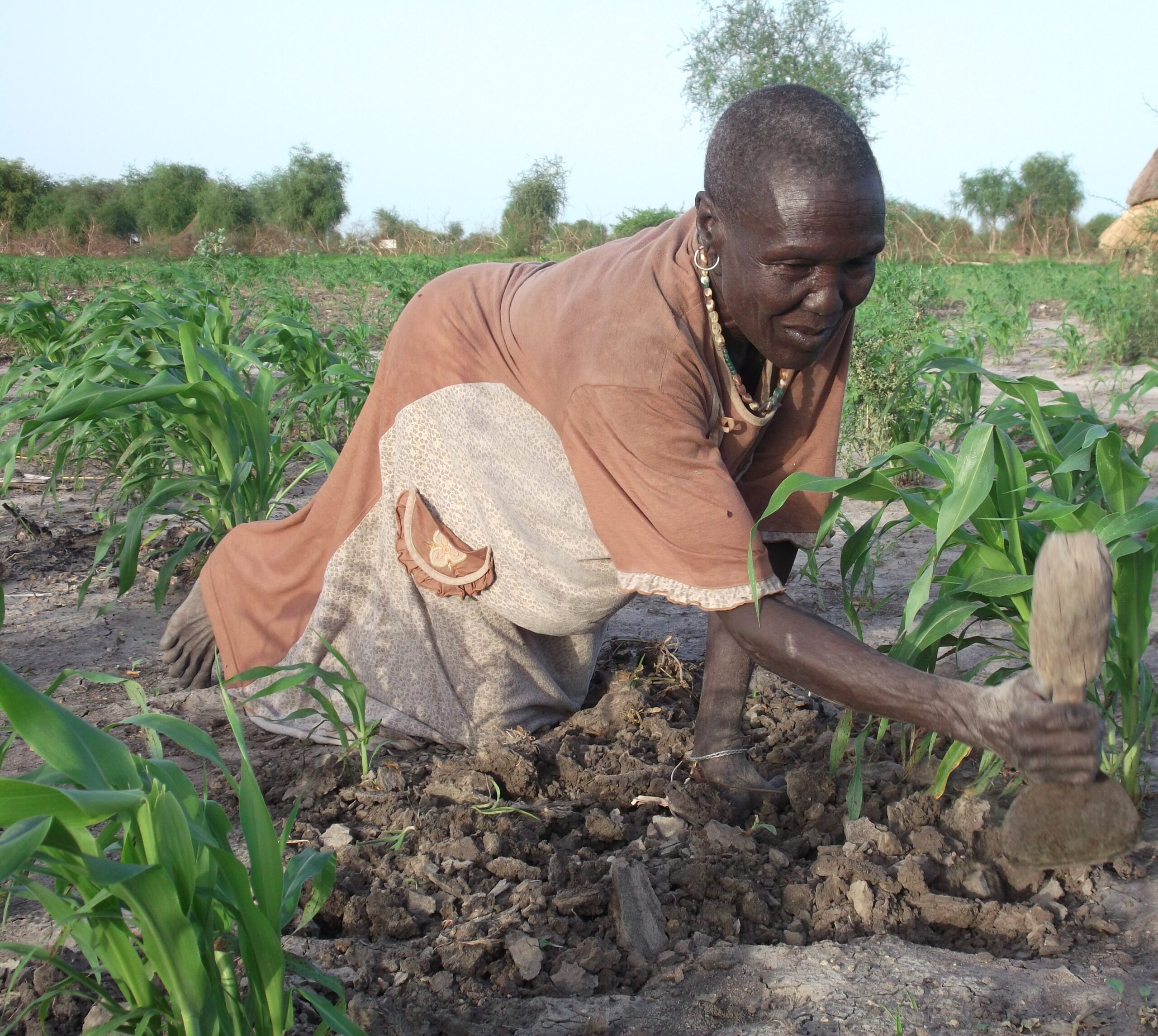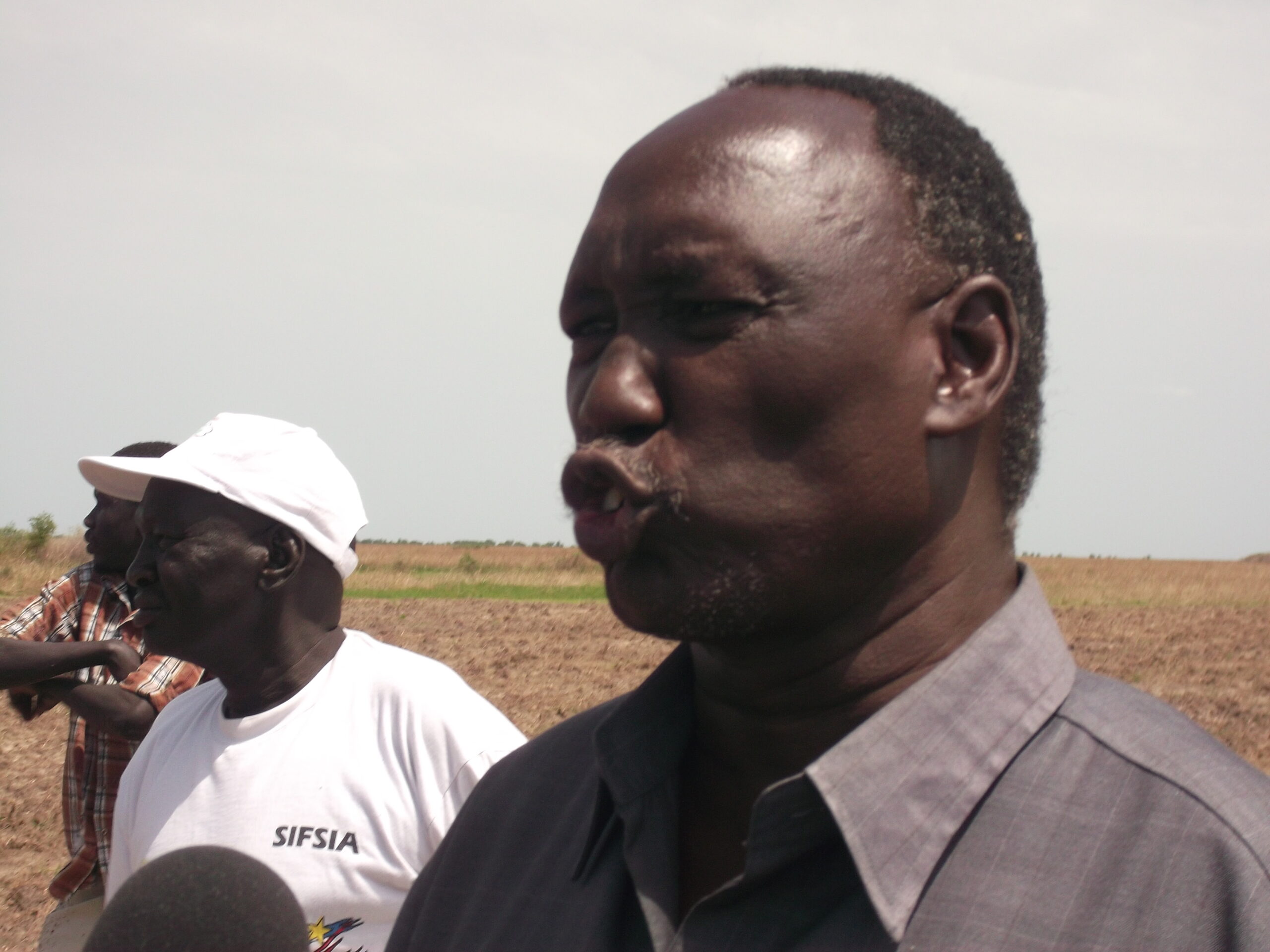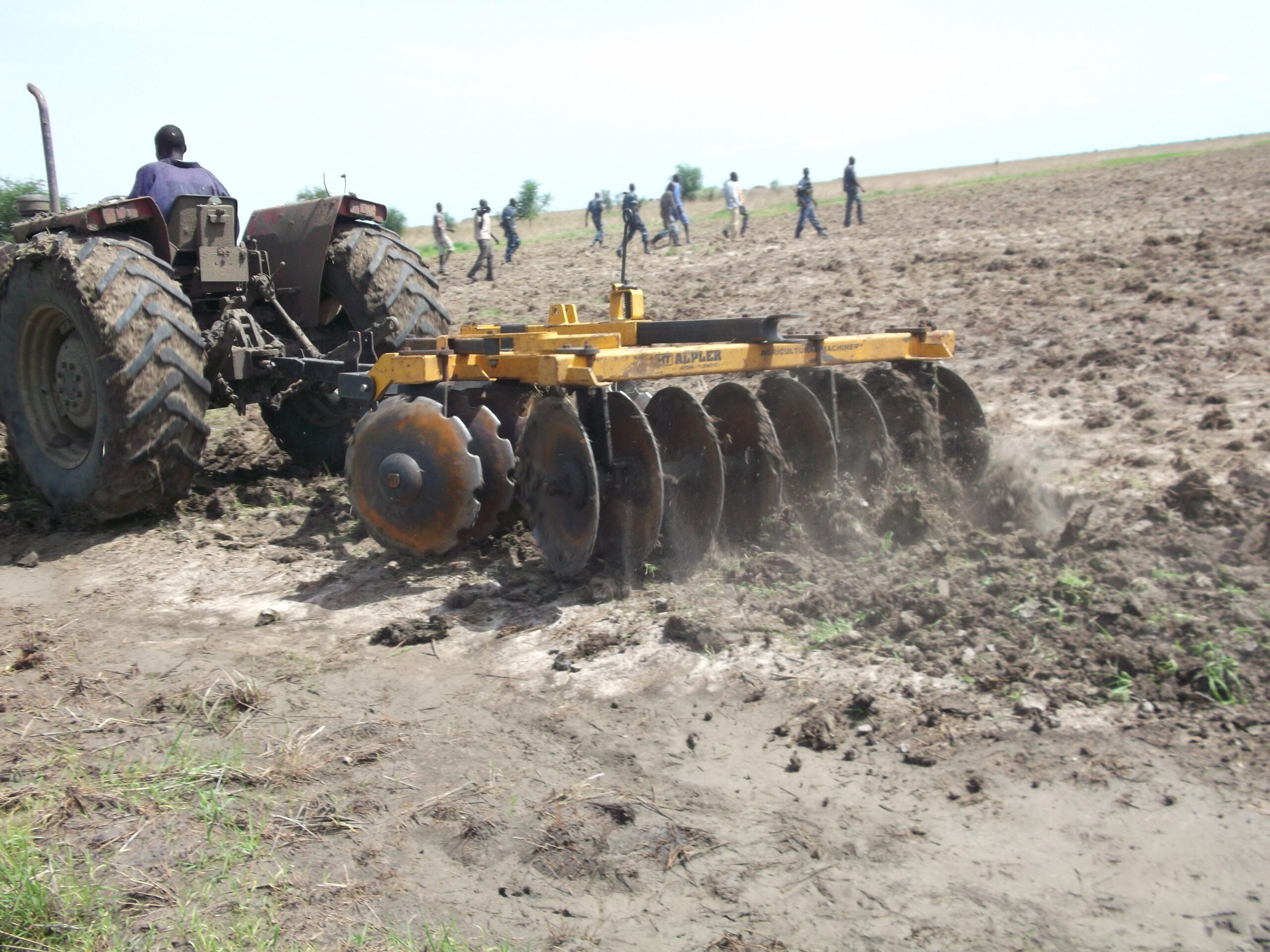Jonglei: Relative peace gives farming a chance
By Philip Thon Aleu
June 4, 2012 (BOR) – People in Jonglei’s remote areas say that there is relative peace in the state as cases of child abduction and cattle raiding significantly decreased in recent months giving them the chance to till their land and move freely. However, despite the improvements in security many challenges remain.

“There is no thieving nowadays,” Gatuak Banguang, a sub-chief in Nyirol County told reporters in Waat on Friday. A peace and disarmament process has recently finished in South Sudan’s largest state after violence between communities forced over 100,000 to flee their homes.
Many have remained in towns afraid to return to rural areas but anecdotal evidence in Nyirol County indicates that people are returning to the fields to grow the crops necessary for the them to survive.
Chief Banguang called on the United Nations to provide them with food so that they had the energy to work their lands.
Jonglei State governor Kuol Manyang Juuk announced on June 1 that the insecurity has dropped by 90 percent. Food security remains a key government priority in South Sudan, with the UN estimating that 4.7 million, nearly half of the country’s population, to be food insecure. Out of this figure, at least one million people are reportedly at the risk of facing severe hunger.
The state minister of agriculture, Mayen Ngor Atem, says he has used the decline in the tribal fighting to establish a 1,000 Fadden farm in Waat, Nyirol County in northern Jonglei state, an area where government would not have risked deploying tractors or staff a year ago.

However, despite the improvements in security there remain intermittent cases of attempted cattle raiding where one or two people are killed. South Sudan’s army (SPLA) has retained a large presence in the state after its six-week disarmament campaign in March and April in order to try and maintain security and create the confidence needed for people to return to their villages and resume farming.
Traveling through north Bor, Twic East, Duk, Ayod, Uror to Nyirol with the state minister, reporters witnessed pastoralists moving with their cattle without carrying guns.
“The SPLA [Sudan People’s Liberation Army] is providing security because we’re disarmed,” a cattle keeper at Pathou said when asked why he was driving his animals in the forest alone.
Jonglei’s Minister for Agriculture and Forestry says he wants the villagers to use to this peace for opening up more land for growing cereal crops that are scarce in Jonglei.
Minister Ngor said he wanted everyone in the state to farm and produce crops. “That is why the government is positioning large farms in livelihoods zones like in Waat [in Nyirol County]. If this farm is successful, it will be replicated in other counties,” he added.

People in Nyirol are waiting to see how successful the ‘Large Farm’, as local people refer to the 1,000 Fadden ploughed area, might be.
Located north of Waat toward Lankien, the headquaters of Nyirol County, the Waat Mechanized Model Farm, as the minister of agriculture in Jonglei state prefers to call it, will relieve local populations of difficulties to find food items in the markets.
The average price for a 50 kg bag of sorghum is 500 South Sudan Pounds — over $160 — in Duk, Ayod, Uror and Nyirol counties. Traders defended the surge in prices, claiming that prices from the capital Juba had “spoiled” the market.
“The prices are now very high in Juba,” said Mohammed Ahem, a north Sudanese trader in Duk Padiet where the price of white flour is 520 SSP.
“The market is Juba is spoiled and we are just struggling to remain in business,” John Gatuak, a trader in Ayod, said when asked why the price of a 50 kg bag of flour cost 500 SSP.
The mechanised farming in various part of Jonglei state is increasingly alongside traditional farming using hand tools.
(ST)
